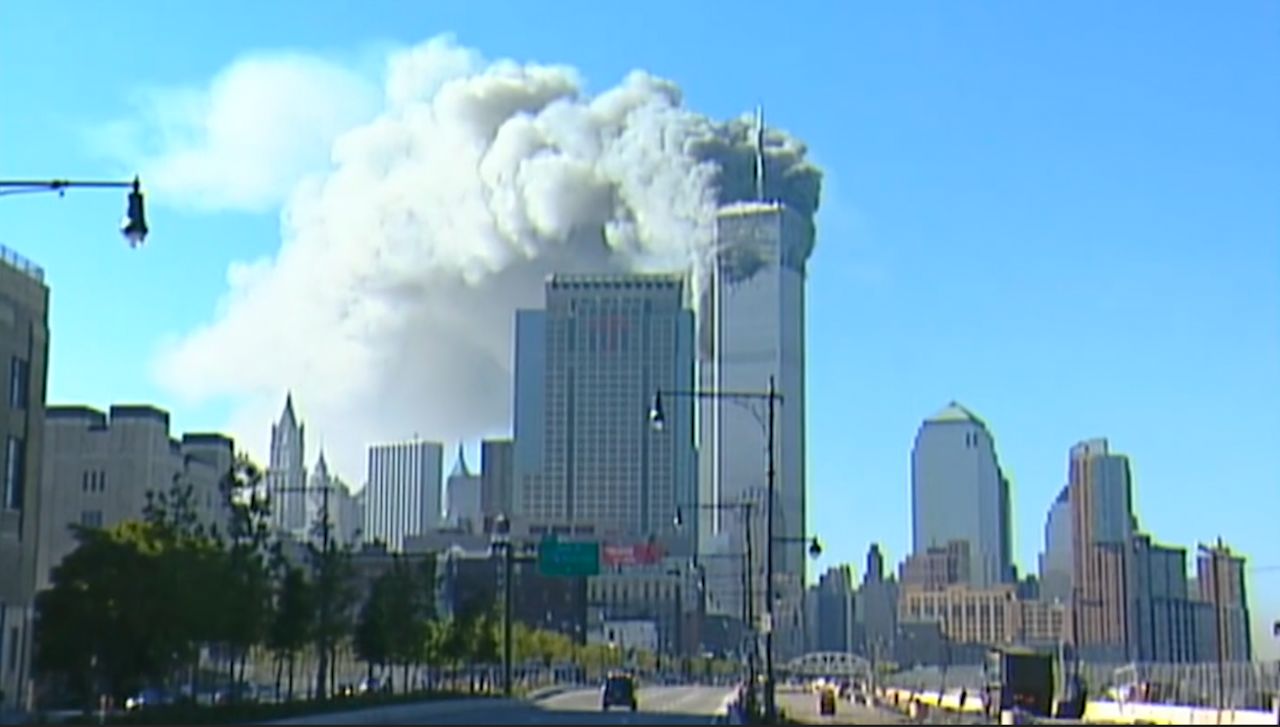CLEVELAND — Dr. Brian Monahan remembers Sept. 11, 2001, like it was yesterday.
"I was at the Disaster Research Center doing my normal work on some projects and this happened," said Monahan. "We were all riveted to the television and quickly saw the emergency response components taking shape and began to think of it as storylines."
A few days after the attacks, he went to New York as part of a disaster response research team to observe and gather information for research.
"By the morning of the 13th, we were in the city walking around, making those connections, observing. We did that for a couple of days," said Monahan. "One of the things that struck me and led to me doing the research I did was the mood of the city seemed not that different than what I had seen other times I had been to New York City. Obviously, people were sad and they were focused on this event but in terms of over the period of a couple of days lots of people also had to live their lives and go on the streets and commute to where they were going and other things."
While that day is forever etched in his memory, things are different for some students on the campus at Baldwin Wallace where he teaches.
Most students have no memory at all of life before Sept. 11, 2001, because they were either babies or not yet born. Their knowledge of the day instead comes from others.
"Well my mom was just watching me sitting on the couch and I was only a month old. I was actually born on Aug. 11. And she just stood there and didn't know what to do. She just froze," said Hunter Kupniewski.
Faith Miller wasn't even born yet when the terrorist attacks occurred.
"My mom told me a bit about it. Like what she was doing and like how she was worried about my siblings, my older siblings and everything," said Faith Miller.
They've also learned about it in school.
For them, it's even hard to feel the emotional connection to the day that their parents and generations before them feel.
"I told my mom . . . whenever I watch the video I can watch the video with no problem because I've seen it in school so many times and my mom said she can't watch the video because it's too heartbreaking," said Miller.

Monahan said as we continue to be generations removed from the attacks the younger generations' connection to the attacks will be less.
"The generation removed from this removes sort of the where and the when from that sort of where were you when moment. So it's a moment that you've heard about and know is significant but you don't have a deep connection to it," said Monahan.
"And more importantly, the stories you've been given continue to get sort of shrunk or truncated as the years go by; and so you get a very kind of brief description and overview of the event without all of the details of those who were connected to it from personal experience or the media in the year it happened or the years thereafter."


